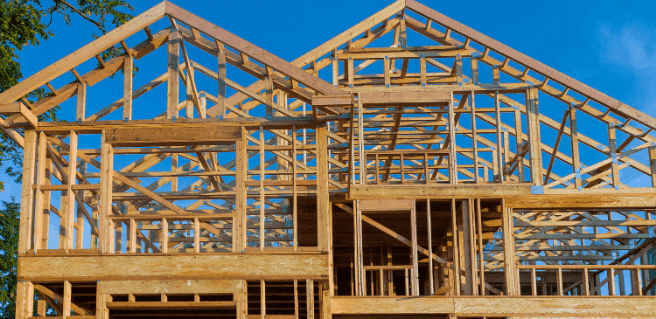New home construction prospered last year due to fewer resale home listings. In a news report published this month by Redfin, the real-estate brokerage quotes 32% of single-family home sales in Q4 2023 were new construction homes.
The housing market saw a sizeable decrease in new construction following the Great Recession. With fewer new homes being built, the market leaned heavily on resale homes to fill the void. However, the influx of homebuyer demand for new construction during the COVID-19 pandemic changed that. Especially with millennials joining the shopping frenzy and buying their first homes.
Current homeowners are not letting go of properties either. Due to the lock-in effect, homeowners with 3% mortgages are not willing to sell them and move to a 6 or 7% mortgage. The rock-bottom rates are just too desirable for most homeowners to give up, and they are staying put for now.
Another factor contributing to strong new home sales is builder promotions. With offers of rate buy downs, downpayment assistance and numerous finish upgrades, new homebuyers are swooned by builder promotions, making it difficult for individual sellers of pre-owned homes to compete.
A recent Axios article states that new home sales were the source of “all the juice in the housing market” last year. With existing home sales static, interested buyers are looking where opportunities are available. Homebuilders incentivize buyers with mortgage rate buydowns and lower building costs that are just too sweet to pass up.
“MarketNsight first reported the increased market share for new homes in March 2023,” said John Hunt, Chief Analyst and Principal with MarketNsight. “New construction has capitalized on the frozen resale market and grabbed a much larger market share than we usually see.”
Entry-level homes are especially in great demand in Atlanta. The market for homes under $350,000 is overflowing, but there are not many options. Local authorities continue to approve Class A apartments, some only 400 square feet. Even so, MarketNsight urges for smaller, more affordable housing, but zoning regulations are rigid. Buyers are shifting their focus to available properties to build on, and homebuilders are tapping into that demand.
“Housing affordability is the defining issue of our time,” said Hunt. “We have plenty of office space, warehouses, and retail. Housing is the one thing we can all agree on that has a massive undersupply.”
MarketNsight reports that total inventory for January 2024 continued to fall from the seasonal peak in November 2023 and was down 3% over December 2023. In the end, it’s all economics and boils down to supply and demand. There is a massive undersupply of homes on the market. At present months of supply remains constant at 2.3.
“As a reminder, inventory and months of supply should continue to fall through March/April but increase in May as the Spring/Summer sales cycle kicks off,” says Hunt. “We still believe that inventory will remain constrained and months of supply will probably not go over 3 for 2024.”
Inventory is still 40% below pre-covid levels. Atlanta needs an additional 47,000 units annually in Atlanta just to get back to equilibrium, which is a 6-month supply.
